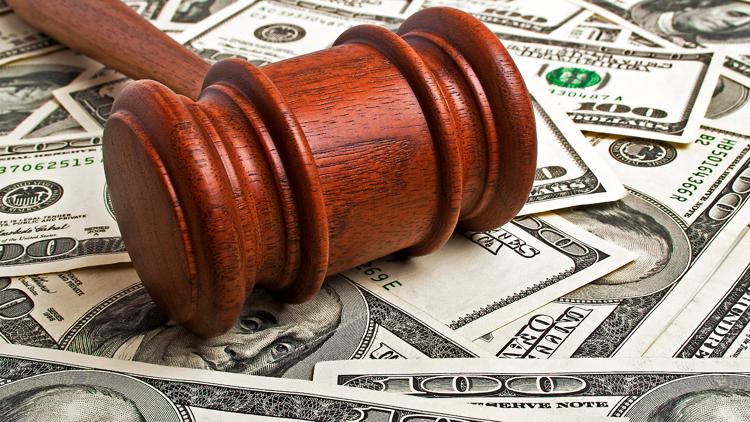Can Former President Trump Use Campaign Funds to Pay Legal Bills? Let’s VERIFY!

Many VERIFY readers have asked us if former President Trump is allowed to use campaign funds to pay his legal bills. Here’s why the answer isn’t clear-cut.
In late May, former President Donald Trump was convicted of 34 felony counts of falsifying business records in his New York hush money case.
This criminal case is one of four brought against Trump. He has also been the subject of several civil cases in New York, including two lawsuits brought by advice columnist E. Jean Carroll in which Trump was found liable for sexually abusing and defaming her.
The former president has used tens of millions of dollars worth of funds donated to his campaign and political committees to cover his mounting legal fees. That’s led many VERIFY readers to ask if it’s legal for Trump and other presidential candidates to use campaign funds to pay their legal bills.
What Campaign Finance Law Says
Campaign finance law sets rules for how political candidates can use campaign funds. But there are many legal gray areas that can make it difficult to say exactly what’s allowed and what’s not. Much of Trump’s spending on his legal bills falls into those gray areas in campaign finance law, experts at the Brennan Center for Justice wrote in a May 2024 report.
Campaign finance rules differ depending on the type of donation that a candidate receives. People can make direct donations to a candidate’s campaign or to separate organizations called political action committees (PACs), which pool contributions and direct them to campaigns based on their interests.
Candidates can use money donated directly to their campaign to pay for some legal expenses. But they aren’t allowed to use any of that money on legal fees related to personal matters.
Spending Rules for Campaign Funds
Under FEC regulations from the Federal Election Commission (FEC), candidates are allowed to use their campaign funds for spending that is directly related to their campaign or responsibilities in office. This could include anything from paying for internet access at a campaign office to legal bills associated with making sure their name is on the ballot.
Campaign funds cannot be used to pay for any personal expenses – including legal fees. The FEC defines “personal use” as any commitment, obligation, or expense of any person that would exist irrespective of the candidate’s campaign or responsibilities as a federal officeholder.
But even these rules are up for interpretation since it’s not always clear which category certain expenses, like Trump’s legal bills, fall into.
Spending Rules for PAC Funds
Campaign finance law doesn’t explicitly prohibit spending PAC money on personal expenses. Almost all of the money for Trump’s legal expenses is coming from various affiliated PACs. The FEC has “made it abundantly clear that it will not regulate personal use of leadership PAC funds,” the Campaign Legal Center (CLC) says.
“These loopholes are well known” and federal candidates often take advantage of them, the Brennan Center says.
The Department of Justice has the power to prosecute federal violations of campaign finance law and can take action without the FEC doing so first.
In conclusion, the use of campaign funds to pay legal bills is a complex issue with various interpretations and loopholes in campaign finance law. Former President Trump’s use of campaign funds for his legal expenses may not violate laws, but it raises ethical questions about the transparency and accountability of campaign finance.




